Featured articles
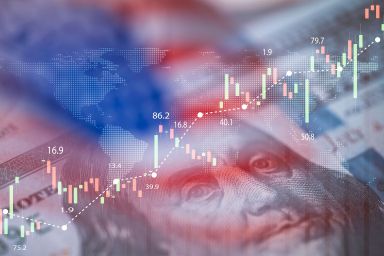
Why Michael Burry just sold all his tech stocks
Michael Burry has just exited a nearly $100 million position on Nvidia that he opened earlier this year.
14:42, 9 October 2025
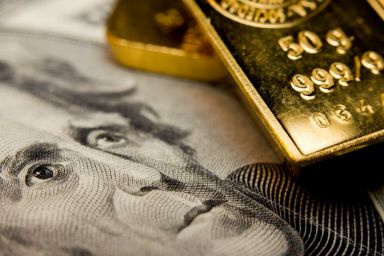
Gold forecast: Third-party price targets
Gold (XAU/USD) is currently trading at $3,982.94 (as of 6:12pm UTC, 7 October 2025), after briefly crossing $4,000 per ounce for the first time during the session.
14:43, 9 October 2025

How does Elon Musk impact cryptocurrency prices?
In cryptocurrency markets, few individuals command as much attention as Elon Musk. The CEO of Tesla and SpaceX’s tweets, Tesla and Dogecoin announcements, and public statements can trigger periods of heightened volatility, with shifts in buying and selling pressure across digital assets.
13:29, 30 September 2025

Atos stock split: what it means for traders
Atos has been reshaping its business and capital structure over the past few years, making several corporate decisions that have influenced how its shares trade on the market. One of the most notable was its large-scale reverse stock split in 2025, introduced as part of a wider transformation programme.
16:23, 23 December 2025

Novo Nordisk stock split: what it means for traders
Stock splits occasionally draw heightened attention, particularly when they involve large global companies with active trading volumes. Novo Nordisk is one such example, with its recent split prompting renewed interest in how the company manages its share structure across markets.
16:16, 23 December 2025
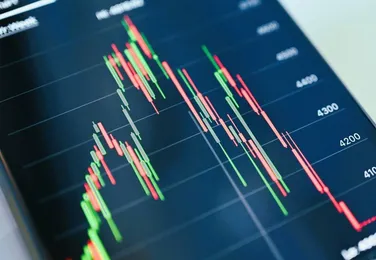
Eli Lilly stock split: what it means for traders
Eli Lilly’s rising profile in the healthcare sector has brought renewed attention to the structure of its shares and how the company has managed its stock over time.
15:31, 23 December 2025
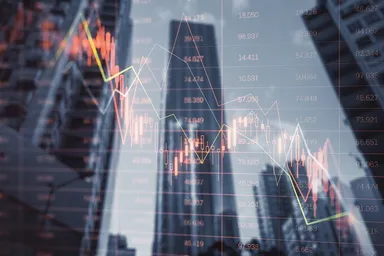
Sezzle stock split: what it means for traders
Sezzle’s corporate actions over the past few years have prompted renewed interest in how the company manages its share structure. Stock splits, in particular, have played a role in reshaping the number of shares in circulation and the way the market interacts with them.
14:45, 23 December 2025

Year-end volatility appears as strong US growth meets Yen intervention risk
US growth comes in stronger than expected in the third quarter and Japan FX intervention rhetoric. ramps up.
10:13, 24 December 2025

Holiday Week Preview: Tech leads, US GDP and Japan CPI in focus
Bullish appetite returns to equity markets as traders focus on the latest US growth data as a final hope for a Santa rally.
11:21, 22 December 2025

Trading Gold as it Breaches $4,400
Technical overview remains volatile on the precious metals front with gold no exception, and both clients and CoT speculators are majority buy.
07:50, 22 December 2025

A Week of Divergence: Markets react to BoE, ECB and BoJ as data reshapes the outlook
The latest central bank meetings show a growing divergency in policy directions as the latest data changes the narrative in some economies.
09:45, 19 December 2025

Trading WTI Following the Weekend Geopolitical Events
Movement relatively contained considering the fundamental update with the technical bias still negative, while in sentiment both CoT speculators and clients are extreme buy.
07:46, 5 January 2026

Commodities Latest: Oil up, Natural Gas down, Gold and Silver heat up
Commodities have started the week with strong moves, but the direction differs based on each fundamental drivers.
15:17, 22 December 2025

Trading Gold as it Breaches $4,400
Technical overview remains volatile on the precious metals front with gold no exception, and both clients and CoT speculators are majority buy.
07:50, 22 December 2025
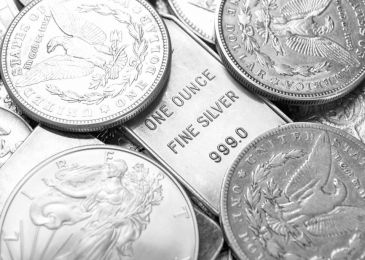
Silver price forecast: Third-party predictions 2025-2030
Silver spot is trading at $52.44 per ounce as of 16:41 UTC on 20 October 2025, within its intraday range of $51.12–$54.43.
14:37, 17 December 2025

Year-end volatility appears as strong US growth meets Yen intervention risk
US growth comes in stronger than expected in the third quarter and Japan FX intervention rhetoric. ramps up.
10:13, 24 December 2025

Holiday Week Preview: Tech leads, US GDP and Japan CPI in focus
Bullish appetite returns to equity markets as traders focus on the latest US growth data as a final hope for a Santa rally.
11:21, 22 December 2025
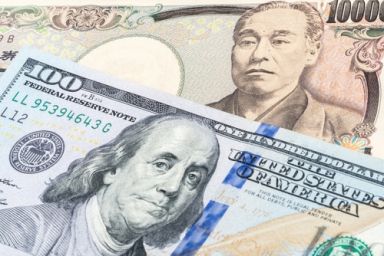
USD/JPY forecast 2026–2030: Third-party price targets
USD/JPY is trading around 155.70 in intraday action on 8 December 2025, close to the top of its session range between 154.41 and 155.71 as of 2:44pm UTC. The pair remains near levels seen over the past week, with external data showing fluctuations between roughly 154.5 and 156.0, suggesting relatively contained day-to-day volatility. Past performance is not a reliable indicator of future results.
10:30, 19 December 2025

A Week of Divergence: Markets react to BoE, ECB and BoJ as data reshapes the outlook
The latest central bank meetings show a growing divergency in policy directions as the latest data changes the narrative in some economies.
09:45, 19 December 2025
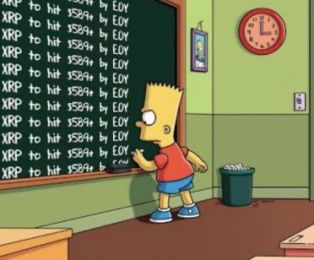
The Simpsons predicted XRP to hit $589: What’s behind the viral claim?
The link between The Simpsons and real-world events often resurfaces when online communities revisit past episodes for possible references or coincidences. XRP has recently been drawn into this discussion, leading some viewers to question whether the show ever hinted at a specific price level.
17:45, 12 December 2025

Bitcoin price prediction: Third-party outlook
Discover Bitcoin price projections 2025–2030 with third-party BTC forecasts, technical trends, price history, and CFD market sentiment.
16:44, 8 December 2025
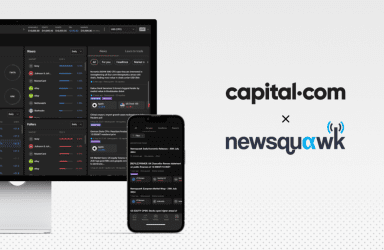
Discover Newsquawk: your integrated in-platform newsfeed
News moves fast — and so do the markets. With Newsquawk integrated into Capital.com, you can explore real-time headlines, detailed reports and tailored updates directly where you trade.
08:23, 5 December 2025

Top crypto traders to follow by social media popularity in 2025
Influencers, analysts and developers use digital platforms to exchange ideas, interpret market trends and discuss the development of digital assets. As their audiences grow, these voices increasingly shape how information spreads and how trading discussions evolve across communities.
15:11, 1 December 2025
